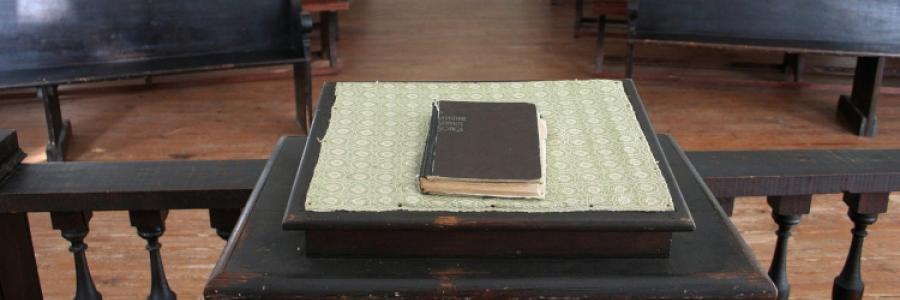The Reformation at 500: Luther’s Journey to Worms
It was a warm, sunny autumn Wednesday afternoon when our bus rolled into Worms, Germany—the second-to-last stop on the final day of touring on our 500th anniversary Reformation trip.
The town was decorated almost as if Luther himself were returning.
At the side of the road, we saw signs that read “Solus Christus,” “Sola Gratia,” “Sola Fide” and “Sola Scriptura”—like the placards that city residents might post to salute a winning sports team.





Discussion